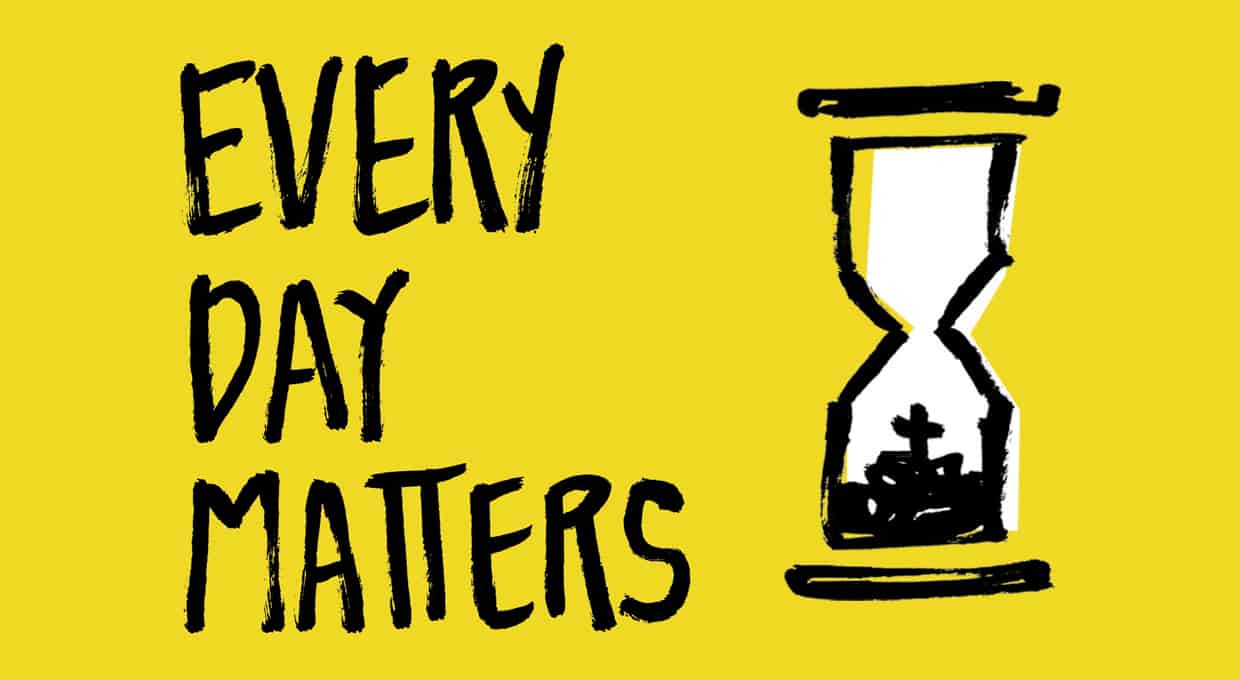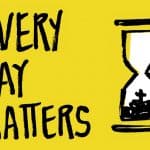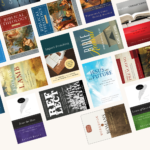
“Now I know”
“And knowing is half the battle.”
Some of you may recognize these phrases. When I was a kid I would watch a popular cartoon that included this aphorism, along with a moral lesson, at the end of each episode. Cartoon soldiers would teach important lessons that may seem obvious to adults but kids needed to learn.
This also applies to how to get your work done as efficiently as possible—what we might label productivity. Too often we have so much to do, and apparently so little time to do it, that we freeze; we don’t even know where to start. We know we need to do something, but what that something is remains elusive. And even if we did something, there would still remain dozens of other items left undone. Of all the possible activities before us, how do we choose the right ones?
Most of us can identify with the feeling of feeling swamped. Life often seems overwhelming.
It may also be discouraging to see that others don’t seem to have the same problems. We might find that some do seem to be able to get life in order. We may wonder what secrets the super-efficient have. Do they have personal assistants? Do they not sleep as much at night? Do they work all the time? This sense of mystery may add to our frustrations. How can we get our work done? How do others succeed?
If we only knew what to do.

These are some of the reasons why I’ve written Every Day Matters, a short book on productivity. I don’t have it all figured out, but I’ve had to wrestle with these questions myself and I hope to share some of what I’ve learned. I also want to provide biblical perspective on what we should and should not expect when it comes to productivity. I want to provide some visibility behind the curtain of some of the practices many successful people have implemented that we can follow as well. In other words, I address both the Bible’s teaching on productivity and some practical steps to put into place for maximizing our time.
In light of that fuller discussion, here are a few, brief words of encouragement:
- We can’t get it all done. To think otherwise is unwise and unrealistic. We are finite, and we have limited time and resources. Ecclesiastes reminds us of this. It is not wrong not to be able to do everything, but it does mean you’ll have to prioritize certain tasks and say no to others.
- We need to plan, but we also need to take action. Too much daydreaming and strategizing talk gets us nowhere if that’s all we do; we must get to work. Proverbs teaches us this, and we can also observe it in the life of the Apostle Paul.
- We need ways to organize all the information floating around in our heads, both so we don’t forget it and so we can begin to tackle it. This will require writing things down, putting the information in the appropriate place, and ensuring that we see it at the right time.
- We must take the long view. Rome was not built in a day, and you will likely not get the most important things done in a day either. And yet every day is important to make progress toward the most important things. Today is the only day we have, so wherever we are in the process, today is the day to take action.
In the end, that’s what Every Day Matters seeks to communicate: take life one day at a time, and remember that each day is significant—even in the small matters of life.
When it comes to productivity, knowledge itself is not enough—we still must act. Even so, knowing what to do next may indeed be half the battle.
This guest post was written by Brandon Crowe, author of Every Day Matters: A Biblical Approach to Productivity (Lexham Press, 2020).






